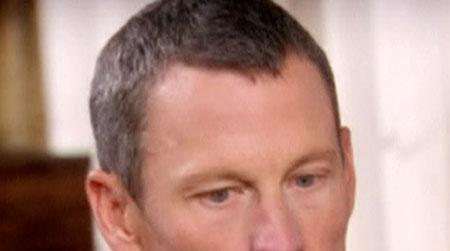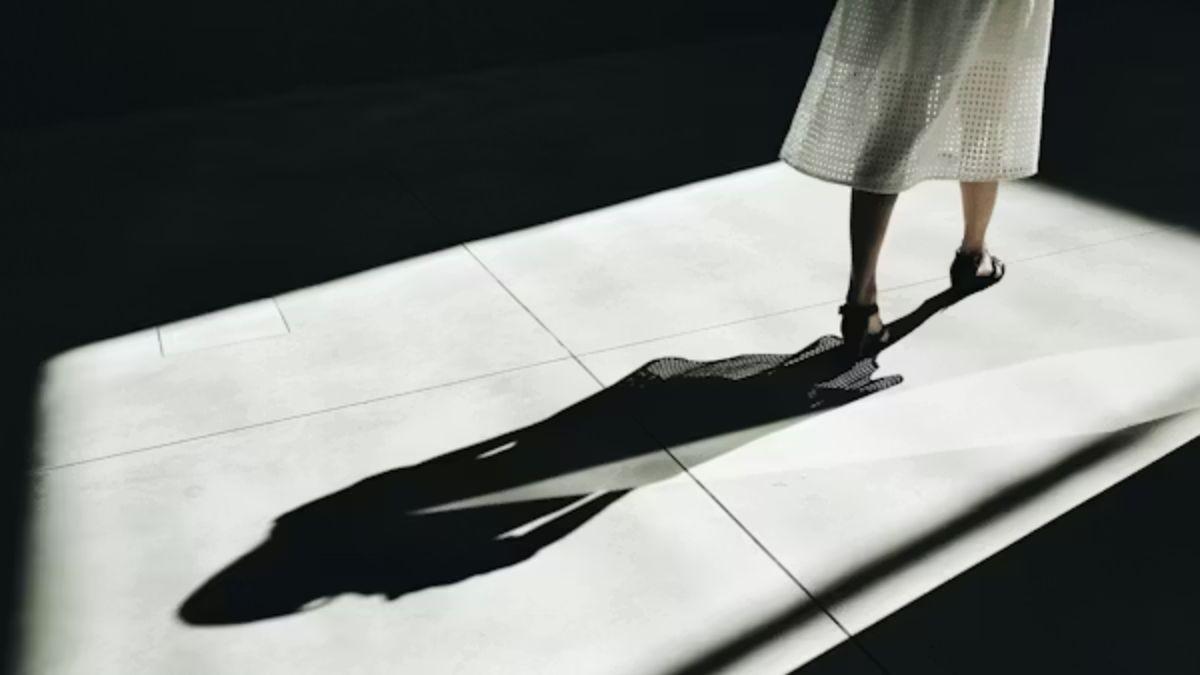Lance Armstrong Admits To Doping, Says 'The Story Was So Perfect For So Long'

Jan. 17 2013, Published 10:46 p.m. ET
Lance Armstrong has offically admitted to doping through most of his career and all of his illustrious seven Tour de France victories, RadarOnline.com is reporting.
In a world exclusive interview aring on the OWN channel Thursday night, the 41-year-old cyclist and cancer survivor admitted to using a plethora of performance-enhancement drugs including testosterone, human growth hormone and EPO (Erythropoietin) - a stimulant to produce red blood cells that increases oxygen to the muscles and overall endurance.
The now disgraced professional cyclist agreed to a string of 'yes or no' questions in the no-holds-barred interview and calmly answered "Yes" to every question which included:
"Did you ever take banned substances to enhance your cycling performance?"
"Was one of those banned substances EPO?"
"Did you ever blood dope or use blood transfusions to enhance your cycling performance?"
"Did you ever use any other banned substances like testosterone, cortisone, or human growth hormone?"
"In all seven of your Tour de France victories did you ever take banned substances or blood dope?"
Even more, Armstrong admitted that "in my opinion" it was not humanly possible for him to have won all seven Tour de France races without the doping.
"I suppose early in my career there was cortisone, and then the EPO generation began. For me, in the mid-90s," he admitted.
When asked why he's finally admitting to doping after a long string of lies and adamantly denying it to the public, Armstrong said, "I don't know that I have a great answer. I will start my answer by saying this is too late. It's too late for probably most people. And that's my fault. I view this situation as one big lie that I repeated a lot of times."
Armstrong candidly admitted getting caught up in his web of lies and deceit.
“I know the truth. The truth isn't what was out there. The truth wasn't what I said. This story was so perfect for so long," he said.
"You overcome the disease, you win the Tour de France seven times, you have a happy marriage, you have children. I mean it's just this mythic perfect story, and it wasn't true.”
Taking all the blame for where he sits today, Armstrong said his lies became toxic.
“All the fault and all the blame here falls on me. But behind that picture and behind that story was momentum. And whether it’s fans or whether it's the media it just gets going, and I lost myself in all that,” he said.
“I was used to controlling everything in my life. I controlled every outcome in my life... Now the story is so bad and so toxic, and a lot of it's true.”
Armstrong's honesty was expected, as RadarOnline.com reported on Saturday.
“I didn't invent the culture, but I didn't try to stop the culture. And that's my mistake. And that's what I have to be sorry for," Armstrong said, trying to salvage some sort of positive reputation.
"And the sport is now paying the price because of that. And so I am sorry for that. I didn't have access to anything else that anyone else did.”
When asked about allegations that he and the U.S. cycling team had pulled off one of the most deliberate and professional doping scams the sport has ever seen, Armstong was careful not to name names or make accusations.
“I don't want to accuse anybody else, I don't want to necessarily talk about anybody else," he said.
"I made my decisions. They are my mistake. And I am sitting here today to acknowledge that and say I'm sorry for that.”
When asked if he ever forced teammates to dope, Armstrong replied, “The idea that anybody was forced or pressured or encouraged to dope is not true.“
He also claimed he’s been clean since 2005 and did not dope during his racing comeback in 2009 and 2010. “The accusation and the alleged proof that they say that I doped after my comeback is not true. The last time I crossed that line was 2005,” he said.
During the interview, he also admitted that he was a bully in that he would attack – and sue - anyone who accused him of doping.
“Yeah I was a bully,” he said. “I was a bully in the sense that I tried to control the narrative. And if I didn't like what somebody said, for whatever reasons in my own head, whether I viewed that as somebody being disloyal or friend turning on you or whatever, I tried to control that and said, ‘That’s a lie, they’re liars.’”
When pressed what made him a bully, he replied, “I think just trying to perpetuate the story and hide the truth. And this is the second time in my life that I can't control this outcome. The first time was the disease, and now.”
When asked about his personal flaw or flaws that made him willing to risk it all with doping, he responded, “I think this ruthless desire to win, win at all costs, truly. It serves me well on the bike, served me well during the disease. But the level that it went to, for whatever reason, is a flaw. And then that defiance, that attitude, that arrogance. You cannot deny it. You saw it in the clip. Look at that arrogant prick. I say that today. It's not good.”
When asked if he experienced happiness in winning when he knew that he was taking banned substances, Armstrong replied, “There was more happiness in the process, in the build, and the preparation. The winning was almost phoned in.
“The scary thing is winning seven tours I knew, I KNEW , I was going to win.”
Armstrong also said he didn’t feel he was doing anything wrong, saying, “At the time, no. That's scary.”

When asked if he ever felt bad about doping, he said, “No, even scarier.”
He also said he never felt like he was cheating, explaining, “No. The scariest. At the time, no. I looked up the definition of cheat, and the definition is to gain an advantage on a rival or a foe. And I didn't feel that way. I viewed it as a level playing field.”
Part two of Armstrong's exclusive interview airs Friday on OWN.


